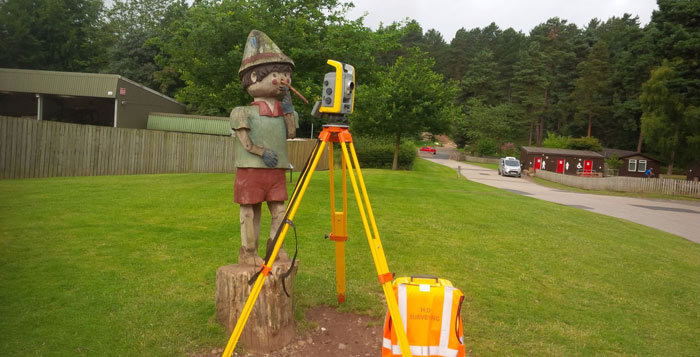Notes on the History of Land Surveying

Land surveying is among the oldest professions on earth. Ever since man has decided that a portion of land should participate in a tribe, the necessity for surveying began.
Land surveying is fascinating. The methods used seek to decide which part of land belongs to whom, hopefully ending arguments forever.
In a nutshell, surveying is a process using mathematical methods to survey land.
The initial accounts of surveying land goes back to ancient Egypt. Experts have discovered evidences that the ancient Egyptians used basic geometry to redraw the lines of boundary once the Nile River overflowed. An Egyptian land register dating back to 3000 BC was also found.

Following Egyptians, the Romans - also probably the most powerful civilizations of the ancient world - practiced land surveying. They took it one step further and made "land surveyor" the official position within the Empire. They were called agrimensores, also called Corpus Agrimensorum Romanorum. Although they used very simple tools, these were very thorough with their jobs and would create straight lines and correct angles with the use of these tools. Following the lines were measured, they would create shallow ditches to mark the lines. In Topographic Surveyors Cheltenham , a number of the furrows they made still exist today.
Among the recorded land surveying of the "modern" times is that of William the Conqueror who wrote the Domesday Book in 1086. This book is truly a list of names of land owners, how much land they owned and other information about the land. Although it was an amazing quantity of information during this time, the pieces of information were not 100% correct. The locations were not accurate and the maps weren't made to scale.
One of history's greatest icons was also a devoted surveyor - Napoleon Bonaparte. The fascination with surveying land was really just a product of his desire to conquer the planet. Napoleon Bonaparte founded a registry called the cadastre. This includes a registry of properties of a county, ownership details, locations so when much information about the land's value. Yes, Napoleon Bonaparte can be considered a land surveyor - and a very smart man.
The techniques useful for land surveying have also evolved over the centuries. In the past, people would use whatever may help them determine the distance from one point to another. This means using chains with links and even ropes. Of course, this didn't give accurate results however they didn't have the technology we now have back then.
Today, land surveyors have the best technologies to help them making use of their job. There is GPS, or Global Positioning System, which is probably the most accurate technologies being used today. Total stations are also very important to a land surveyor, which employs the use of an EDM or Electronic Distance Measurement device along with a theodolite that allows for more precise angle and distance measurements.
